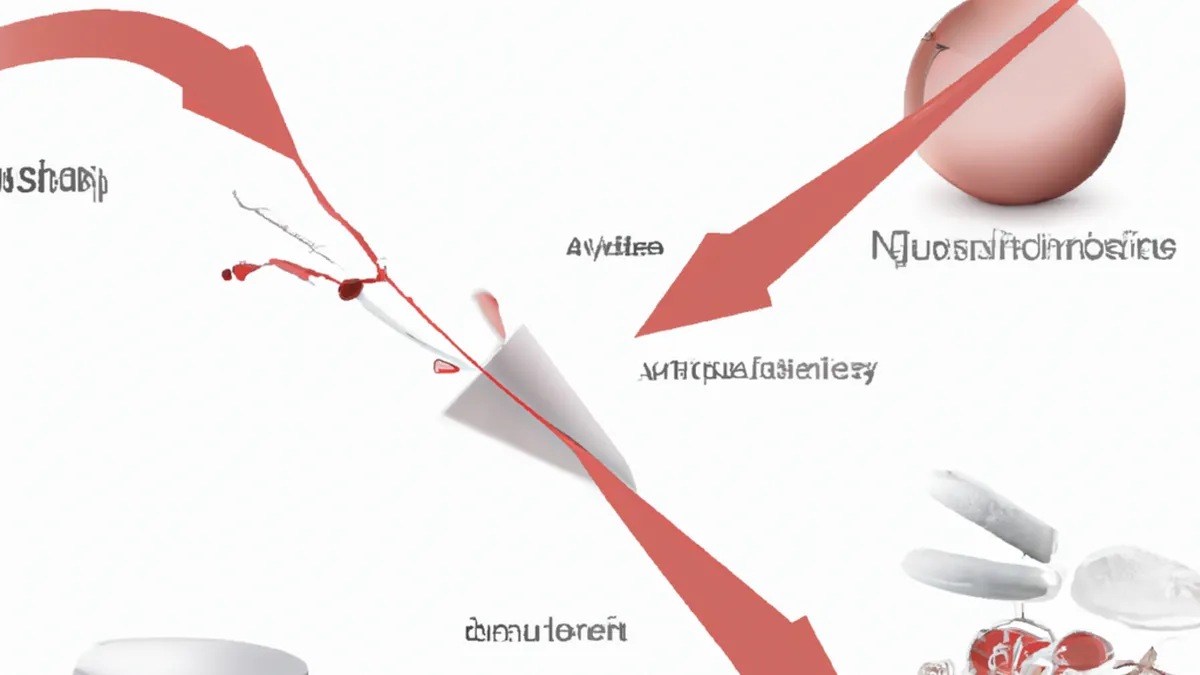Replenish Strength Through Collagen Intake
The Connection Between Collagen and Recovery Time in Athletes
Athletes often push their bodies to the limit, leading to injuries and soreness. Many athletes use supplements, with collagen being a popular choice. Recent studies link collagen intake to faster recovery times. This post explores how collagen helps athletes recover and offers tips for incorporating it into your routine.
What is Collagen?
Collagen is the most abundant protein in the body. It builds skin, bones, tendons, and ligaments. Athletes stress their joints and muscles during rigorous training. Collagen maintains the integrity of these tissues. Understanding collagen’s benefits can help athletes optimize their recovery strategies.
Types of Collagen
Type I, II, and III collagen are most relevant for athletes. Type I collagen supports skin and bone health. Type II collagen resides mainly in cartilage, essential for joint health. Type III collagen aids skin elasticity and blood vessel support. Athletes benefit from a combination of these types for recovery.
How Collagen Affects Recovery Time
Collagen promotes tissue repair and reduces inflammation, impacting recovery time. When athletes injure themselves, collagen rebuilds damaged tissues. It also supports joint health, vital for overall performance. Quick recovery allows athletes to return to training sooner.
Reducing Inflammation
Inflammation naturally occurs after injury but can slow recovery. Research shows that collagen reduces inflammation, helping athletes bounce back faster. Athletes can minimize recovery time by adding collagen to their diets.
Enhancing Muscle Repair
Collagen aids joint recovery and supports muscle repair. This protein stimulates muscle protein synthesis, vital for rebuilding muscles after activity. Athletes consuming collagen supplements may experience improved muscle recovery and reduced soreness.
Tips for Incorporating Collagen
Adding collagen to your diet can be easy and enjoyable. Here are some tips to help you get started:
1. Choose the Right Supplement
Select high-quality collagen supplements. Look for collagen peptides, which are easier for the body to absorb. You can find them in powder, capsule, or liquid form. Read reviews and choose reputable brands.
2. Mix It into Your Diet
Collagen supplements are versatile and easy to use. Mix collagen powder into smoothies, yogurt, or oatmeal. Stir it into post-workout shakes for added benefits.
3. Pair It with Vitamin C
Vitamin C enhances collagen synthesis. Pair your collagen intake with foods rich in Vitamin C, like citrus fruits or bell peppers. This combination boosts collagen’s effectiveness.
Benefits of Collagen for Athletes
Collagen benefits extend beyond recovery. Incorporating collagen into your routine provides several advantages:
Improved Joint Health
Regular collagen consumption supports joint health and flexibility. This is crucial for athletes facing joint pain from high-impact sports. Better joint health reduces injuries and prolongs athletic careers.
Enhanced Skin Health
Athletes often neglect skin health, risking damage from intense training. Collagen promotes skin elasticity and hydration, improving appearance. This benefit boosts confidence during competitions.
Increased Performance
Faster recovery allows athletes to train harder and improve performance. Collagen optimizes recovery processes, helping athletes reach their peak potential.
Conclusion
Incorporating collagen into an athlete’s diet significantly impacts recovery time. Understanding collagen’s connection to recovery helps athletes make informed nutritional choices. They can choose quality supplements, mix them into their diets, and pair them with Vitamin C for optimal results. Collagen promotes joint health, skin elasticity, and overall performance. For athletes seeking enhanced recovery strategies, collagen offers a promising solution.
Below are related products based on this post:
FAQ
What are the main types of collagen important for athletes?
The main types of collagen relevant for athletes are Type I, II, and III. Type I supports skin and bone health, Type II is primarily found in cartilage and is essential for joint health, while Type III aids in skin elasticity and blood vessel support. A combination of these types can enhance recovery for athletes.
How does collagen help reduce recovery time for athletes?
Collagen promotes tissue repair and reduces inflammation, which can significantly impact recovery time. By rebuilding damaged tissues and supporting joint health, collagen allows athletes to recover more quickly from injuries, enabling them to return to training sooner.
What are some effective ways to incorporate collagen into my diet?
To incorporate collagen into your diet, choose high-quality collagen supplements, preferably in the form of collagen peptides for better absorption. You can mix collagen powder into smoothies, yogurt, or oatmeal, and adding it to post-workout shakes is beneficial. Pairing collagen with foods rich in Vitamin C, such as citrus fruits or bell peppers, can enhance its effectiveness.















Post Comment